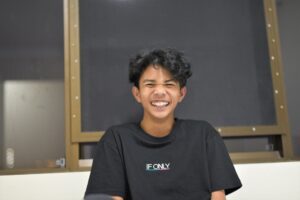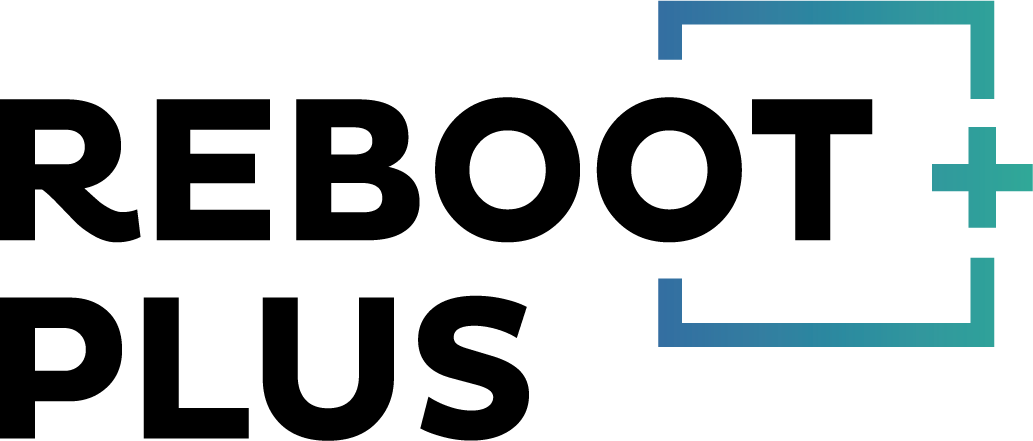“I have taught several youth programs. This has been one of the most challenging and rewarding groups of youth I have worked with.”
Devonne Sitzer is the Facilitator of the Reboot Plus program offered through Ontario’s Humber College.
Disadvantaged Student Populations
“My students come from disadvantaged income areas,” says Sitzer. Studies show that income inequality is linked to poor physical and mental health. People with lower income often suffer from low self-esteem, a lack of social connection, and have fewer social programs available to help them realize their potential. Reboot Plus works with youth who are not on track to graduate with no plans for their future.
Costs of Economic Inequality
Those who do not graduate from high school earn substantially less than those who do graduate. A person without a high-school diploma in Canada earns 80 per cent of what a person with a diploma earns. Individuals without a high school diploma are more costly to the province’s public resources. High school non‐completers are often linked to lower standards of living, poorer health outcomes, and higher crime rates. This places demand on social assistance and public health care and on criminal justice services. Estimates suggest that a high school non‐completer is more than twice as likely as a high school graduate to draw on social assistance programs.
 Focusing on Hope
Focusing on Hope
Many programs focus solely on helping youth break the economic disadvantage through an employment outcome. However, most employment outcomes are entry-level, offering low pay and no real hope for a better future. “We do a lot of self-exploration,” says Sitzer. “Our focal point is helping youth figure out who they are, what their interests are, and what makes them feel excited. It’s very personal. As Peter Wilkins says “we encourage that blissfully ignorant, batshit crazy, threading the needle sense of possibility. Then we show them how to get there.”
Exploring the Options
 “Students take personality tests, we bring in guest speakers, and we match youth up with professionals for face-to-face interviews to show them all the possibilities,” explains Sitzer. While the participants work themselves out, they get to talk to people who work in areas they have an interest in learning more about. “We get a range of requests that surprise us. Recently, a student expressed interest in a career as a Funeral Director. So, we invited one to speak in class to share their career journey with our students.”
“Students take personality tests, we bring in guest speakers, and we match youth up with professionals for face-to-face interviews to show them all the possibilities,” explains Sitzer. While the participants work themselves out, they get to talk to people who work in areas they have an interest in learning more about. “We get a range of requests that surprise us. Recently, a student expressed interest in a career as a Funeral Director. So, we invited one to speak in class to share their career journey with our students.”
“The variety of professionals coming to speak to our students offers a chance to learn about careers they may not have considered. A plumber and electrician came to our class and in at the same time and entertained the class with their stories and mishaps. Watching the students’ enthusiasm and involvement was fulfilling. While not all students had interest in these occupations, the session had students asking all kinds of questions.”
Gaining Trust
“The students didn’t seem engaged in the beginning. I felt like I was throwing mud at the wall and hoping something would stick. Over time, my students opened themselves up and let me in. Step by step, class by class, we are working towards trust and possibility. As my students get to know more about themselves, they make greater strides. We’ve found our groove. The students are getting to know each other and are making friends, they’re more invested in their self-development, and they’re actively participating in their own improvement.”
Incremental Improvements
“It’s little things. One student in my program continually talked with his hand over his mouth. Following a class on the 30-second pitch, he stopped. Two students self-identified as introverts. Two separate personality tests made them realized they were extroverts. Based on these assessments, they opened to new ideas of career options. Small feats, but these youth have learned something of themselves that they didn’t know before taking this program. One of these students told me “I love this class so much. It’s my favourite class. If you were to ask my other teachers in high school, I don’t like their class. You wouldn’t know me as extroverted. I don’t really participate. I love being here. Maybe this is why you see me as an extrovert!””
Self-Reflection
“Self-reflection is a big practice of this class. Students are asked to reflect on barriers that hold them back. I don’t make them share their responses. It’s simply an activity that helps them realize what’s in their way. This is a hope-based model. We are encouraging these students to dig deep into every aspect of themselves. I praise them often for their efforts, I thank them for being here, and I tell them how much I admire them for bettering themselves.”
Realizing Potential
Every single person has a unique contribution to make. Reboot Plus helps youth find their uniqueness so they can feel hopeful for the future. There is a public benefit to educational attainment and personal fulfillment: better health outcomes, higher lifetime earnings, less precarious work, as well as greater political and civic engagement. We are grateful for the opportunity to help youth reach for their stars.
With funding from the Government of Canada’s Future Skills Centre, we are examining whether a hope-centred education and career development program can help youth find their purpose.
Le projet Reboot Plus est financé par le Centre des Compétences futures du gouvernement du Canada.
